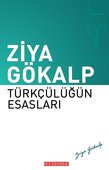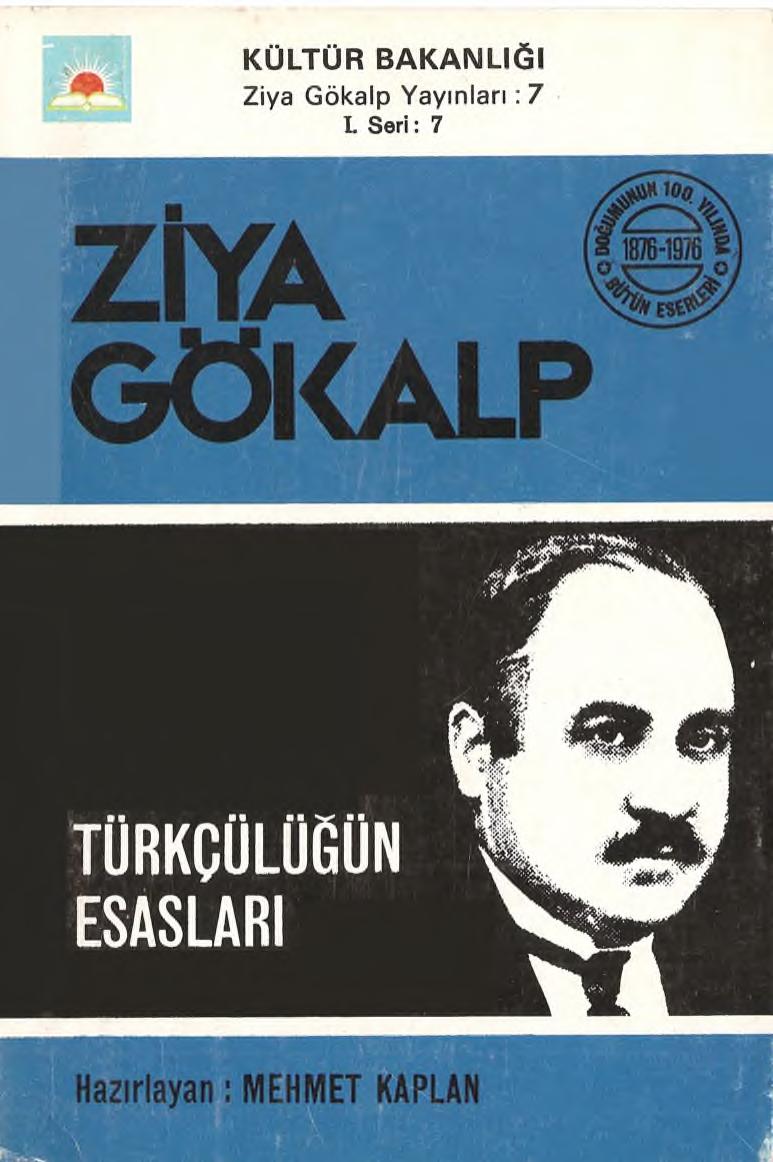

The material chosen is a small group of songs appeared in the newspaper Ma’lûmât in December 1895. My aim has been to suggest new ways of thinking about the role of song in supporting or subverting – and occasionally, both – language practice and efforts at standardisation, as well as considering it in the more general framework of language debate. It considers the production and circulation of this popular vocal repertoire in relation to reforms in language education and an intense, public conversation about the place of Turkish in a society on the verge of a controversial modernity.


The article also notes remarkable similarities between Akif and Indian thinker Muḥammad Iqbāl (1877–1938), whom Akif was instrumental in introducing to Arab audiences, and suggests that, once political Islam had later gained currency across all fields of public life, Akif became an alternative to nationalist icon Ziya Gökalp (1876–1924) as an intellectual symbol of the republic.This paper investigates the şarkı song form, composed in the late nineteenth century, discussed with regards to the linguistic registers that characterised the use of Turkish in the same period. Through Akif’s poetry, articles, translations, correspondence from his exile in Egypt, and biographical detail revealed in the scattered memoirs of students and colleagues, this article offers a reappraisal of his thought as a leading Muslim modernist who adapted the thinking of Egyptian religious scholar Muḥammad ʿAbduh (1849–1905) to an Ottoman and then Turkish audience in the formulation of an early, prescient compromise between religion and nationalism. Late Ottoman intellectual Mehmed Akif (1873–1936) was for decades depicted in Turkish public discourse in generic terms as an Islamist radical opposed to the secular nation state. Envisioning Turco-Arab coexistence was a serious feature of policy debates, especially in the years of crisis from the Balkan Wars to the settlement of post-Ottoman nation-states in the aftermath of the First World War. In order to correct this misperception, I will illustrate the existence of corresponding Turkish voices and visions of federalism and multinationalism. While the federalist ideas of Ottoman Arabs are far better known in the academic literature, in regards to Ottoman Turks, the commonplace interpretations follow the teleology of the Turkish nation-state formation. For contemporaries, however, different models of federalism and multinationalism offered solutions to save the Ottoman Empire and safeguard Turco-Arab coexistence. The Ottoman Empire neither survived the Great War nor made way for a multinational coexistence of Turks and Arabs. The idea of a continued Turco-Arab coexistence under the Ottoman Sultanate might appear counterfactual or marginal-if not nostalgic-from the sober vantage of knowing "the end of history".


 0 kommentar(er)
0 kommentar(er)
